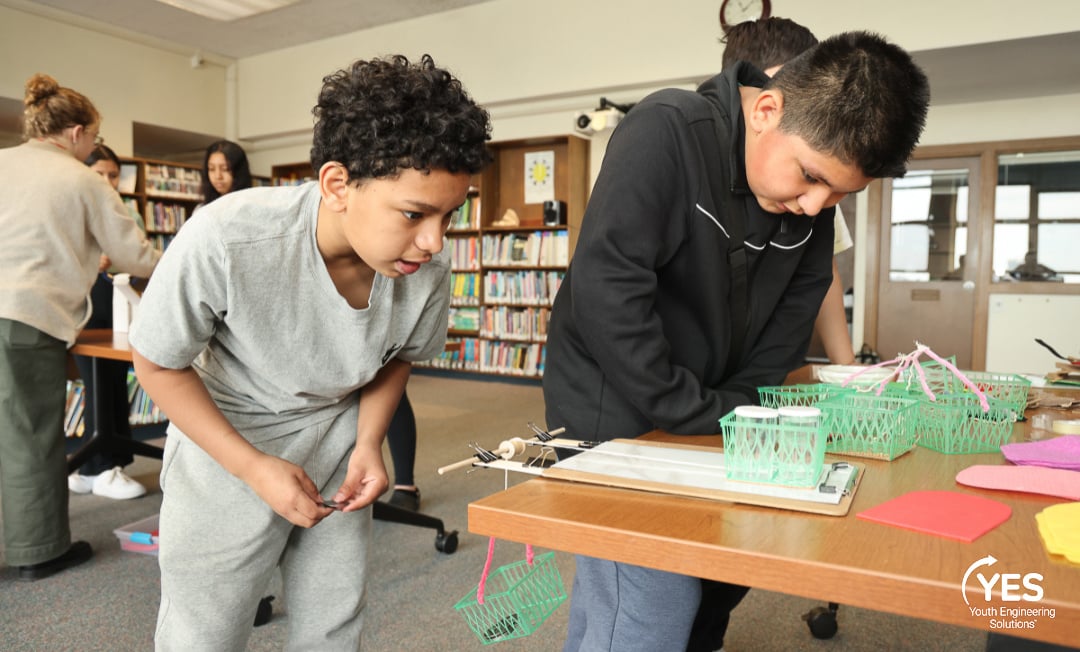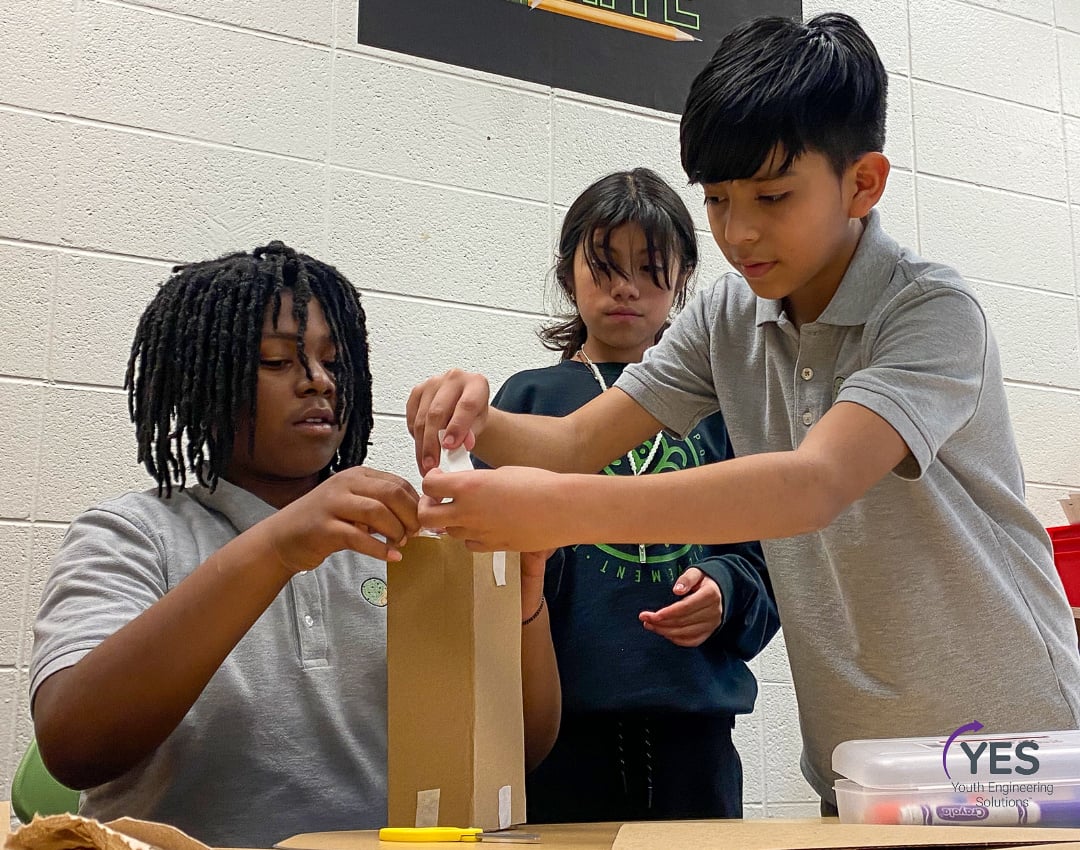In the wake of the global Covid-19 pandemic, educators, families and students of all ages are managing the sudden shift to distance learning. As schools and districts start holding classes, we thought it would be good to share tips for remote learning and find tools to help everyone succeed.
Pre-K and Kindergarten classes are already different from engaging with kids over 6 years old, but in the world of remote learning, the challenges are compounded. How do we help our students navigate learning in a virtual world when they’re just learning to read and should limit their screen time?
These solutions were developed with educators for young learners under 6 years old in mind. As part of our ongoing series on distance learning, we also have a list of tips for families navigating distance learning and 7 Key Considerations for educators embarking on a socially distant fall semester!If there’s something you or other educators did that worked well for your students this spring as you navigated distance learning together, or any problems you’re still looking for solutions for, we’d love to hear about them in the comments below!
Consider pre-recorded videos - Live calls are challenging to navigate for adults; even more difficult for young learners. Consider supplementing or replacing live lessons with videos of you reading storybooks and teaching basic concepts. If you have live sessions, focus on recreating the social interactions they’re missing while social distancing!Find screen-free alternatives - Since national guidelines suggest no more than one hour of screen time for kids under 6, it is important to find activities that get them off of their devices. Treasure hunts, story-time or basic worksheets and drawing assignments can all help younger students practice key skills while offline.
Throw a dance party - Music translates well through any medium, especially for little ones. Whether you have a live meeting to play music or dance together, record videos for review, or simply create a pre-made playlist for kids to replay on their own time, embrace the power of music for keeping littles engaged!Keep to your schedule - Young students respond especially well to structure and repetition. Create an easy to follow and consistent schedule that your students can rely on and parents can reinforce at home.
Looking for engaging STEM activities for PreK and K? Explore Wee Engineer and EiE for Kindergarten.







